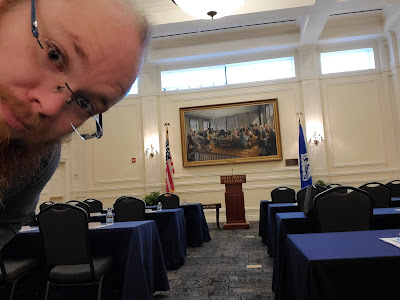Management and Leadership

Management and leadership are often seen as different skills. Mintzberg (1979), who writes on effective management styles, did not differentiate between the two. You are required to discuss Mintzberg’s effective management roles and conclude on whether there is a difference between leadership and management. Leadership and management are difficult terms to delineate in that they are often used with slight variations in similar fashions. In this paper we will look at some definitions of the two terms, specifically use Henry Mintzberg's framework of management roles as seen in application with the small municipality of Dalton Township in Michigan, USA, and offer a view on the demarcation between leadership and management. Manage can be defined as "to be responsible for controlling or organizing someone or something, especially a business or employees," while lead can be defined as "to control a group of people, a country, or a situation." (Cambridge Dictionary, 20





